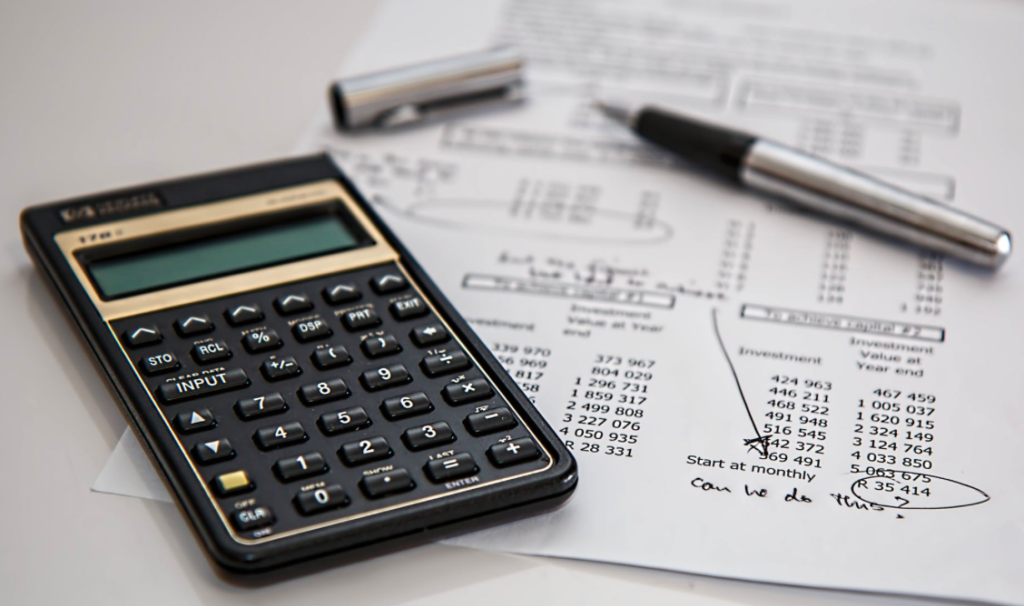Nothing makes you more attractive on a first date than talking about the implications of depreciation recapture of a rental property when it is sold. My wife and I sit and talk about the subject for hours and hours. Actually, that’s not true. It’s pretty boring stuff, but if you are going to buy rental property, you really need to understand the concept. Here’s my disclaimer. Although my degree is in accounting, I am not an accountant. You’ll want to discuss this with your tax advisor to see how this impacts you.
When you buy a property for a long-term hold, you will normally capitalize the lot and the structure to depreciate over time. At the time I’m writing this, you can depreciate structure only (land is not a depreciable asset) on residential property for 27 ½ years and 39 years for commercial property. In other words, you can write off a portion of the cost of the property on your taxes each year.
It gets dicey when you sell the property. Since you were reducing your ordinary income by the depreciation amount each year, Uncle Sam is not going to allow you to only pay the much lower ordinary capital gain rates on the amount you depreciated. You are going to have to pay a higher rate on that portion. Of course, it’s a mute point if you sell for a loss, but that is going to be a very, very rare occasion, right? You’ll want to have a conversation with your tax advisor to make sure you understand depreciation recapture and how it will impact you before purchasing a property. I certainly don’t want to you be

